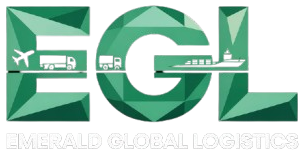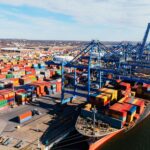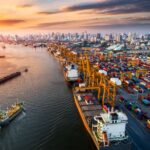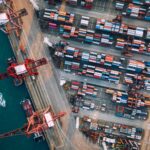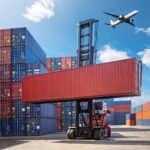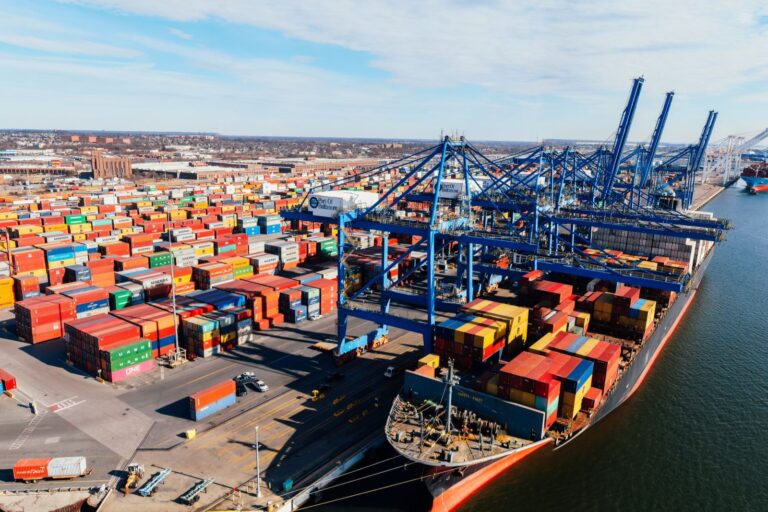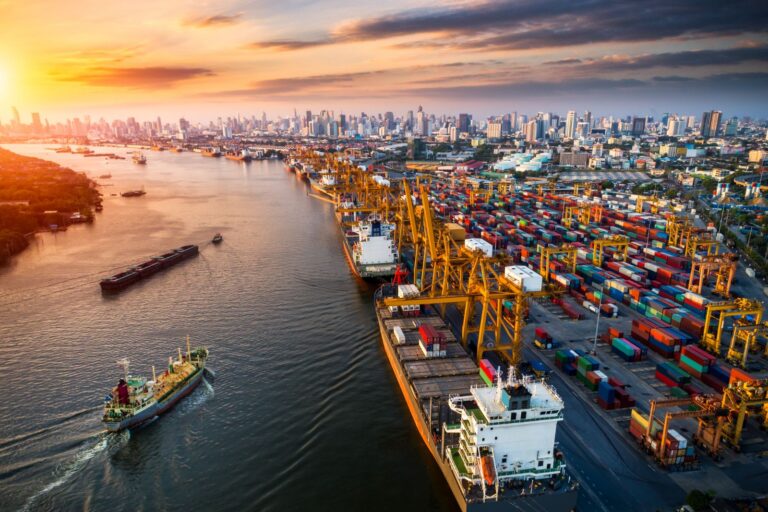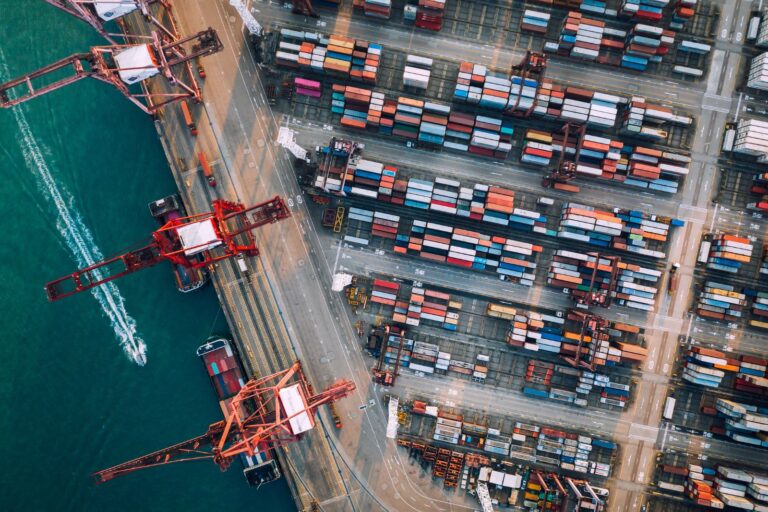Introduction
In today’s fast-paced global trade environment, choosing the right logistics partner can make or break your supply chain. Whether you’re a small business importing products or a large company managing complex international shipments, the question of how to choose a freight forwarder is crucial.
A reliable freight forwarder ensures your cargo moves smoothly, avoids costly delays, and complies with international trade regulations. On the other hand, selecting the wrong partner can lead to missed deadlines, damaged goods, or hidden costs.
At EGL – Emerald Global Logistics, we understand the challenges businesses face when navigating international freight. With decades of industry expertise, we’ve helped Australian businesses streamline shipping, reduce costs, and achieve peace of mind. In this guide, we’ll show you exactly what to look for in a freight forwarder and how to make the right choice for your business.
Why Choosing the Right Freight Forwarder Matters
A freight forwarder acts as a middleman between your business and carriers (shipping lines, airlines, or trucking companies). Their role goes far beyond moving goods — they provide end-to-end supply chain solutions, including customs clearance, documentation, warehousing, and cargo insurance.
Benefits of working with the right freight forwarder:
- Reliable transit times and fewer delays.
- Lower shipping costs through negotiated carrier rates.
- Compliance with customs regulations.
- Enhanced visibility with cargo tracking.
- Peace of mind knowing professionals handle logistics.
Key Factors to Consider When Choosing a Freight Forwarder
1. Industry Experience and Expertise
Choose a freight forwarder with proven experience in your industry. For example, shipping pharmaceuticals requires different expertise than shipping construction materials.
2. Global Network and Local Presence
An established network ensures smoother connections across borders. Look for freight forwarders with strong partnerships both locally in Australia and globally.
3. Customs and Regulatory Knowledge
A forwarder familiar with Australian customs and quarantine regulations can save you from costly delays.
4. Range of Services
Ensure they offer more than just shipping — such as warehousing, distribution, cargo insurance, and supply chain consulting.
5. Technology and Tracking
Digital tools for real-time tracking and documentation make a big difference in efficiency.
6. Transparent Pricing
Avoid forwarders who give vague quotes. A reliable partner provides clear, detailed pricing with no hidden fees.
Step-by-Step Guide: How To Choose a Freight Forwarder
- Define Your Shipping Needs
- Do you need FCL (Full Container Load), LCL (Less than Container Load), or air freight?
- Consider shipment size, urgency, and budget.
- Research and Compare Options
- Check reviews, testimonials, and case studies.
- Ask for recommendations from industry peers.
- Evaluate Their Network
- Ensure they have agents in your target countries.
- Strong international relationships = fewer disruptions.
- Request Detailed Quotes
- Compare not just costs but also included services.
- Ask about surcharges, customs fees, and insurance.
- Check Credentials and Certifications
- Look for memberships in industry associations (FIATA, IATA).
- Verify their compliance with local and international trade laws.
- Test Communication
- A good forwarder responds quickly and explains processes clearly.
- Poor communication is a red flag.
- Ask About Problem-Solving
- Inquire how they handle delays, rerouting, or customs issues.
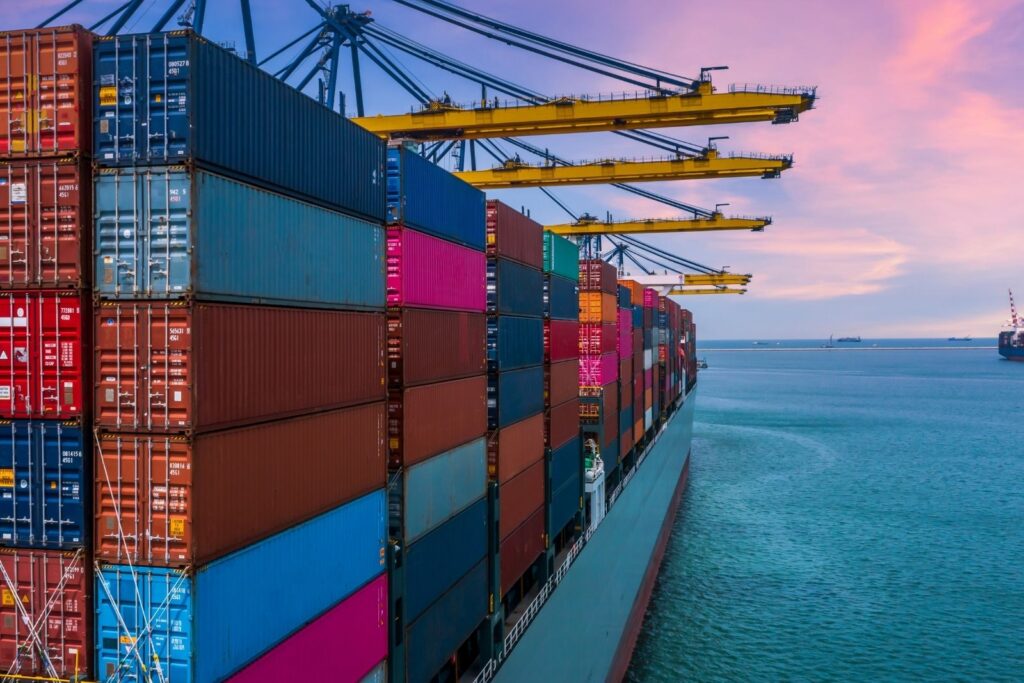
Costs of Working With a Freight Forwarder
Freight forwarding costs vary based on shipment size, mode of transport, and route. Typically, costs include:
- Freight charges (sea, air, or road).
- Customs clearance fees.
- Documentation charges.
- Insurance premiums.
- Storage and warehousing (if required).
💡 Tip: Cheapest isn’t always best — reliability and efficiency often save more money in the long run.
Best Practices When Selecting a Freight Forwarder
- Choose expertise over price. Avoid the temptation to pick the cheapest option.
- Check their digital capabilities. Visibility and tracking tools improve efficiency.
- Build long-term partnerships. A forwarder who knows your business can anticipate needs.
- Confirm insurance coverage. Protect your cargo against loss or damage.
Common Mistakes to Avoid
- Choosing based solely on price.
- Failing to verify licenses or credentials.
- Ignoring reviews or references.
- Not clarifying hidden fees in advance.
- Overlooking customs expertise.
Use Cases: When a Freight Forwarder Makes a Difference
- E-commerce retailers importing bulk goods from Asia for fast turnaround.
- Manufacturers sourcing machinery from Europe, requiring careful customs handling.
- Exporters sending fresh produce from Australia, needing reliable cold chain logistics.
- Startups scaling up international trade without in-house logistics expertise.
Why Work With EGL – Emerald Global Logistics?
At EGL – Emerald Global Logistics, we don’t just move goods — we simplify logistics for businesses of all sizes.
Here’s why businesses trust us:
- Decades of freight forwarding expertise in Australia and globally.
- Strong carrier partnerships for competitive rates.
- End-to-end services including warehousing, customs clearance, and insurance.
- Personalised solutions for both FCL and LCL shipping.
👉 Learn more about us here: About EGL
FAQs – How To Choose Freight Forwarder
1. What does a freight forwarder actually do?
They coordinate shipping, customs, warehousing, and delivery between carriers and businesses.
2. Do I really need a freight forwarder?
Yes, especially if you import/export regularly — they save time, reduce costs, and prevent compliance issues.
3. How much does a freight forwarder charge?
Charges depend on shipment type, route, and services. Always request a detailed quote.
4. What’s the difference between a freight forwarder and a carrier?
Carriers move goods; freight forwarders manage the logistics, documentation, and compliance.
5. Can EGL help with both imports and exports?
Yes, EGL offers tailored solutions for Australian businesses shipping worldwide.
Conclusion – Choose the Right Partner for Success
Knowing how to choose a freight forwarder can transform your supply chain from stressful to seamless. The right logistics partner ensures efficiency, compliance, and cost savings — all critical for growing your business.
At EGL – Emerald Global Logistics, we pride ourselves on providing customised, reliable freight forwarding solutions. If you’re ready to streamline your logistics, contact us today for expert support.
